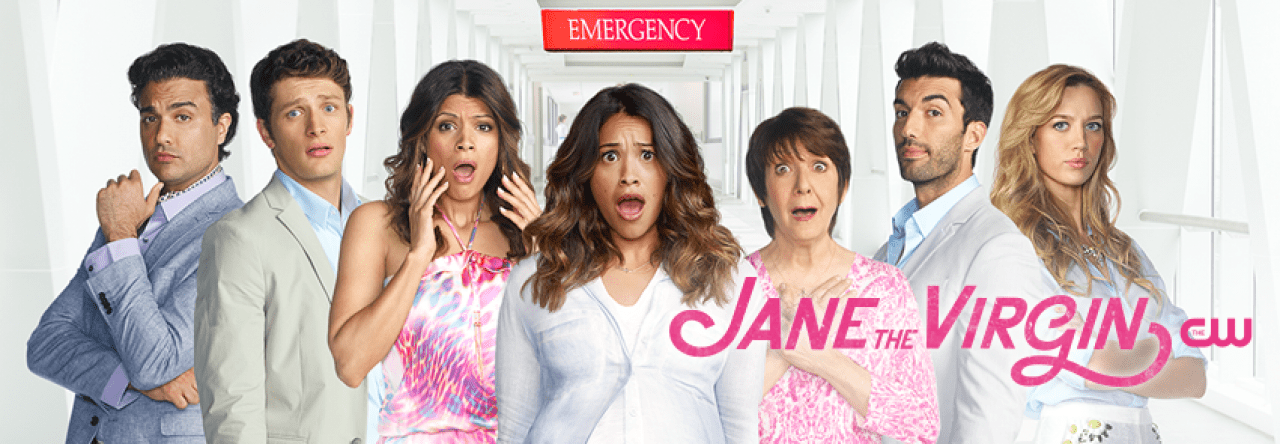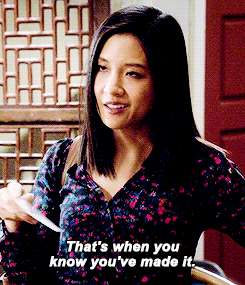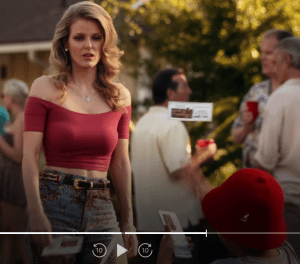In the world of fake (and immoral acting) human beings that is WestWorld, it may be hard to find the importance of gender representation. It may seem like a small factor when we’re dealing with some of the worst of humanity, but nonetheless, it’s extremely critical. And just how the writers of WestWorld choose to portray gender makes it enhance the show more altogether.
WestWorld doesn’t really touch much on the gender spectrum, however, the show has fairly equal representation. Interestingly, we see how park administration is fairly split between males and females, along with the artificial humans in the park itself. However, it is also important to note how most of the visitors to the park are male. Is this because, stereotypically, men are seen as being the more violent, risky, and immoral ones? This was likely a question the writers of WestWorld had to confront as they chose who to chose in the position of “visitor”.
The park in WestWorld is run logistically by the headquarters, where WestWorld’s operations control center, security, “manufacturing” and research and development is housed. The division of leadership here is actually quite gender diverse. The head of the park is an older man, who co-started the park with another man named Bernard. Our head of what appears to be research and development is also a man, but has a fairly diverse team working under him, including a savvy coder/developer who investigates and discovers troublesome park corruption. The leader of what appears to be the more “logistical” branch of the park (dealing with safety, budgeting, and the efficiency of the park) is an often unwavering and determined middle-aged woman. The representative of the board of directors is a younger woman, who is quite bold and even reckless when it comes to getting the board’s way. All of these characters are deeply involved in the running and logistics of the park, making major decisions which greatly impact the storyline. Our two most important and intelligent humanlike droids, Dolores and Maeve, are both women whom begin to determinedly question and upset their roles as robots as they question their own roles and cross the lines between robot and human, while most of the male droids appear to sort of “go along for the ride”. This is interesting to see, as many of the important plot points in the show are driven by the decisions or impacts of female characters, who often stand up to an ironclad structure of workplace hierarchy or, in the robot’s case, oppression (whether or not you believe robots can be oppressed is up to you to decide).
Interestingly, we also see a large amount of diversity at play in the show. Many higher ups are POCs. The show seems to largely avoid race themes, except for those purposefully created as part of the park experience (for example, interactions with the Native Americans). In terms of class, we largely only interact with the wealthy. , as these are the only people able to afford the experience of WestWorld. It is important to note how most of these visitors appeared to be white. While the show seems to seek to discuss the AI debate more, it certainly includes some aspects of gender.

Theresa Cullen, one of the most important leads of the first season




